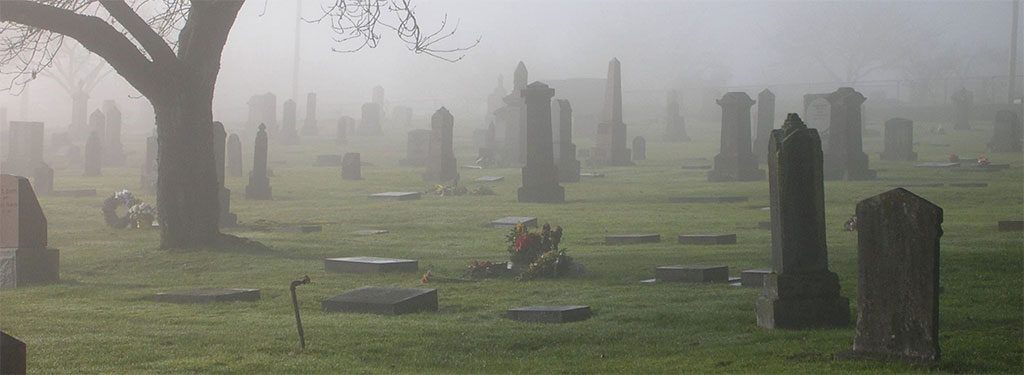
No, this essay isn’t going to be another essay about the death of jazz. Rather, my title is meant to show the conflict, seemingly unending, that goes on in the jazz community, year after year. Someone writes that jazz is over, and someone else writes that no, jazz is still going strong! The circle continues, and the whole thing gets repeated the next month.
There are flaws in both arguments, flaws that mean the circle will never end unless some refinement occurs in the conversation.
1) Jazz is dead.
There are several rebuttals to this, the first one being that jazz musicians are still playing in the United States and around the world, jazz labels are still putting out CDs, and people are still going to shows. That there may be less of one, two or all three of these today than in 1959 is immaterial: they exist, and will continue to do so. These musicians are not simply the same guys who’ve always been playing, either: they’re young men and women who have been drawn to the music for various reasons and are out there making big changes in the sound of jazz, a sound you can hear right here on Nextbop. Students enter jazz programs every year, and graduate every year, increasing the pool of talent. Can jazz really be dead when its musicians are peatured prominently in the New York Times almost every week? When Ethan Iverson’s Forumesques fill up with comments every month?
2) Jazz is still going strong!
…But let’s not get too carried away. The problem with the counter argument is that it often tries too hard. Jazz isn’t on top of the world – its audience has decreased, its venues have decreased. It has a bit of an image problem, mainly thanks to John Coltrane’s “My Favorite Things” and those VHS tapes Wynton Marsalis used to make where he strolled through jazz history for our nations middle-schoolers (I was one, and I slept through it). And many of those who argue most strongly in favor of a thriving jazz community are often the same people who won’t listen to Robert Glasper, or think hip-hop isn’t real music.
That’s where some refinement could come in handy.
See, jazz isn’t dead. But it isn’t alive – not in the same way it was ten years ago, or twenty, much less fifty or sixty. Jazz is a different beast in 2013.
Last year, Nic Payton trotted out a made-for-the-headlines idea about BAM, or Black American Music. He very rudely suggested that black musicians weren’t getting their due in today’s jazz community, so we should all change the genre’s name and bam (so to speak), the problem would be fixed.
Jazz has always been a name largely ignored by its greatest innovators (Duke, Miles etc.), and I agree that that grey area should be acknowledged.
But Nic Payton’s BAM idea won’t ever fly today. Sure, he got Eric Harland and a few other guys to go along with it. But like Spike Lee, Nic Payton’s brand of racial activism is better suited to the 1970s than today. The world of 2013 isn’t perfect, but it is more nuanced. But like Spike Lee, there’s nuggets of truth in Payton – deep down.
Maybe jazz is dead. Maybe jazz isn’t still going strong.
But something is vibrantly alive, something is going as strong as it ever have, albeit in new and exciting ways.
So let’s drop all this talk about genre, shall we? There’s some music that needs listening to.
